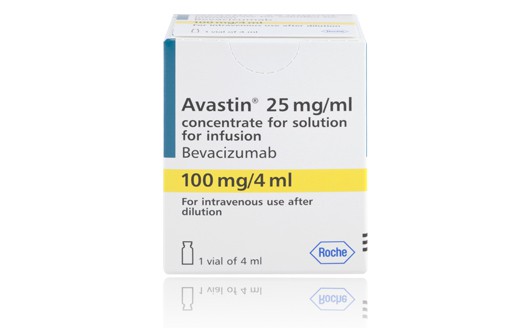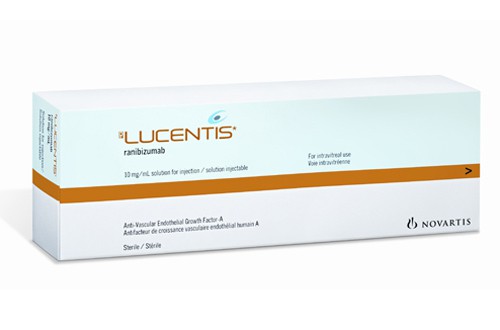
Roche’s Avastin is a safe alternative to more expensive medicines in the treatment of one of the leading causes of blindness in older people, according to a review by the Cochrane Collaboration.
The review argues that government healthcare policies should consider using cheaper Avastin (bevacizumab) over Novartis’ Lucentis (ranibizumab) in patients with age-related macular degeneration (AMD) despite the lack of approval for Avastin in this indication.
Researchers estimated that if 1,000 people were treated with ranibizumab for one to two years, 34 would die; if treated instead with bevacizumab, between 27 and 53 would die
AMD is a progressive and chronic disease of the eye that often leads to blindness. Lucentis is currently the main treatment option for patients with the disorder, having launched in the late 2000s with little competition.
However, Avastin – a drug approved to treat a variety of different cancers – is commonly prescribed in an off-label setting by physicians who are looking to reduce spend on medicines. Both drugs work in the same way by inhibiting vascular endothelial growth factor (VEGF).
In recent years the use of Avastin as an alternative to Lucentis has been scaled up in certain countries as healthcare budgets tighten. This includes France, which this summer voted for doctors to use Avastin ahead of Lucentis to help save €200m a year.
Italy is also investigating allegations that Roche and Novartis worked together to prevent doctors from using Avastin to treat eye conditions off-label, while in the UK Novartis was forced to cut the UK price of Lucentis to prevent off-label use of Avastin.

Lucentis had revenues of $4.2bn for 2013 according to the PMLiVE Top Pharma List
These moves have been soundly criticised by the pharma industry via the trade body the European Federation of Pharmaceutical Industries and Associations (EFPIA), which says recommending the use of a drug in an indication it is not approved for undermines the regulatory framework of the EU and is a concern for patient safety.
However, the Cochrane review disputes these claims, with an analysis of nine clinical trials comparing the two drugs in the condition demonstrating that Avastin does not appear to increase deaths or serious side-effects compared with Lucentis, although there was a greater risk of gastrointestinal disorders in people taking Avastin.
Cochrane concluded: “The researchers estimated that if 1,000 people were treated with ranibizumab for one to two years, 34 would die; if treated instead with bevacizumab, between 27 and 53 would die. If 1,000 people were treated with ranibizumab, 222 would experience one or more serious systemic adverse events. If 1,000 people were treated instead with bevacizumab, between 200 and 291 would experience such an event.”
There are questions over the studies used in the review, however, with Cochrane describing the overall quality of evidence as “low to moderate” due to the uncertainty of the findings and study limitations. To address this issue a larger review is planned that will assess additional sources of evidence.
Responding to the review, a Novartis spokesperson commented: “Bevacizumab remains unlicensed for any ocular condition, for administration in the eye and compounding into smaller doses. Importantly, the bevacizumab benefit risk profile for ocular use has not been systematically reviewed by health authorities applying the same stringent standards as required for regular drugs.
“Bevacizumab is not safely formulated to be injected in the eye. Bevacizumab is not manufactured to meet regulatory standards for use in the eye and there are no well controlled phase III clinical data to establish a positive risk/benefit profile needed for marketing authorisation. There is also no ongoing pharmacovigilance programme to ensure safe use of bevacizumab in the eye. Further, systemic safety signals continue to emerge regarding the off-label use of bevacizumab in the eye such as gastrointestinal side-effects and more.”




